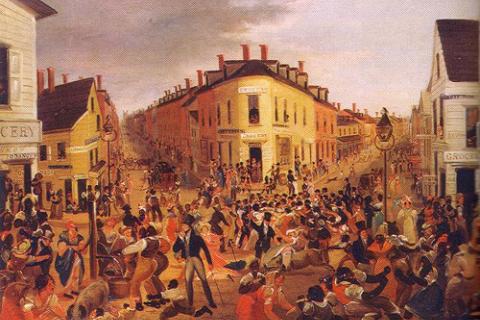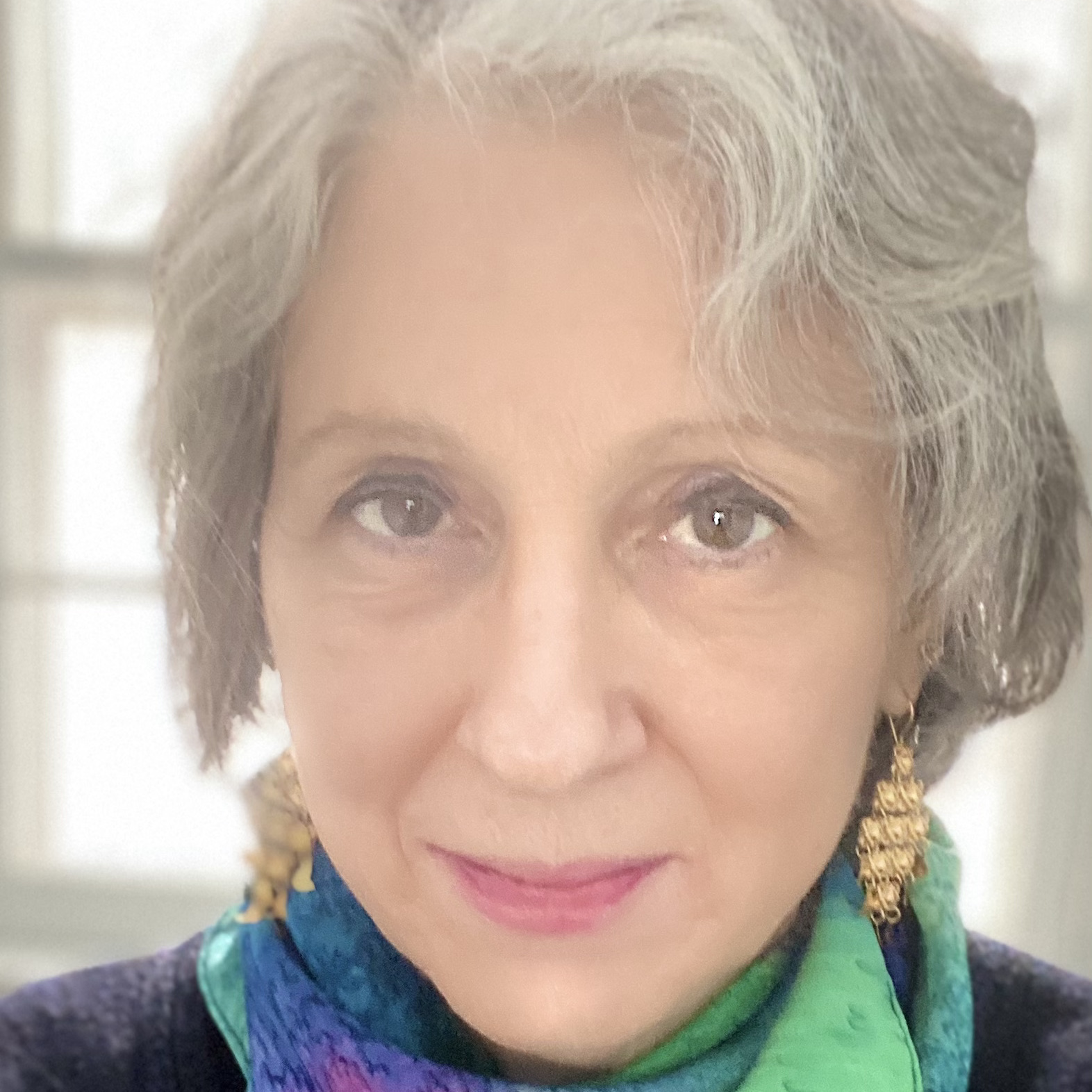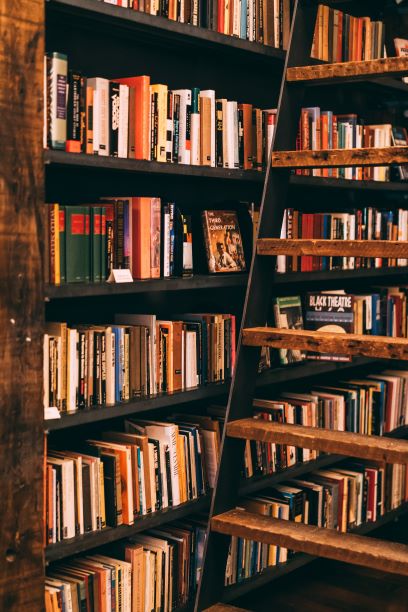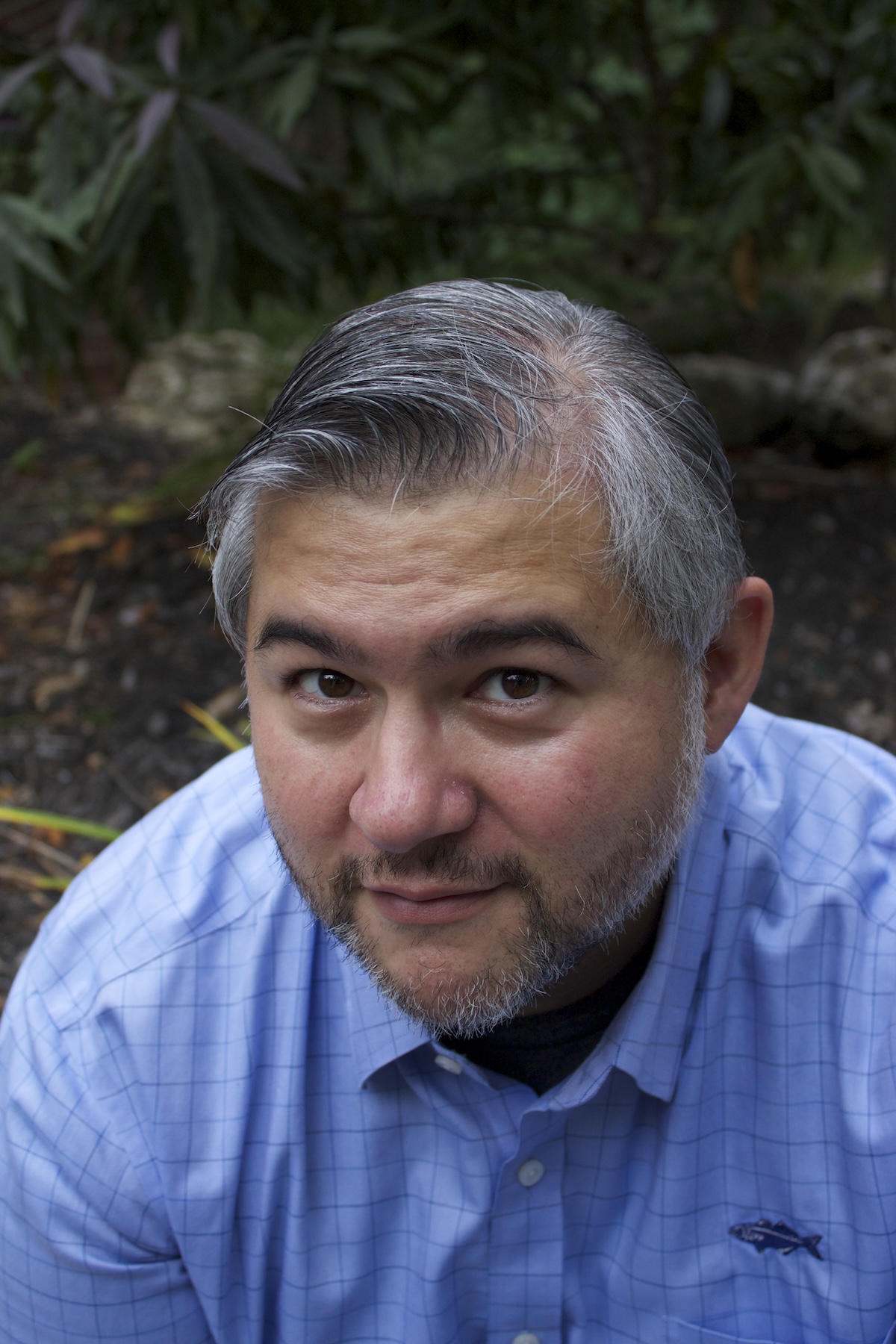American Literature to 1914 is an area of particular strength within the MU English Department, with faculty covering the range from colonial America into the beginnings of modernism. The core faculty—John Evelev, Maureen Konkle, April Langley, Patricia Okker, and Alexandra Socarides—focus primarily on what could be called the long nineteenth century (from late 18th century through the first years of the 20th), with particular strengths in historical, textual studies, Native and African Diaspora literatures. While teaching primarily in other areas, Professors Aliki Barnstone (Creative Writing: Poetry, Dickinson), and David Read (colonial literature in England and America) provide additional expertise.
Fellowship and Teaching Opportunities
New PhD students in nineteenth-century American Literature are encouraged to apply for the John and Cynthia Shaw Fellowship in American Literature. This fellowship provides a one-time grant of $1,000 for an incoming PhD student in any area of American literature.
Students in our graduate program teach a variety of writing and literature courses, including first-year writing and Introduction to American literature, both of which provide graduate instructors with considerable flexibility in designing their own courses. In addition, PhD students in American Literature to 1914 will also be able to team teach, at least once, an American literature survey with one of the core faculty in this area. English 3300 covers American literature from the beginnings to the Civil War, and English 3310 covers American literature from the Civil War to the present. Students will learn how to build a syllabus, write paper assignments and exams, lecture and lead discussion in a sophomore/junior-level survey course.
Library Holdings
MU Libraries have some notable strengths in the area of nineteenth-century American literature, including particularly strong holdings in nineteenth-century periodicals. The Western Historical Manuscript Collection and the State Historical Society of Missouri, both of which are on campus, provide additional opportunities for archival work. In addition, the library has a number of databases essential to the study of nineteenth-century American literature, including American Periodicals Series Online, Illustrated Civil War Newspapers and Magazines, Historical Newspapers, C19: The Nineteenth Century Index, Early American Imprint Series I and II, North American Women's Letters and Diaries, and American Civil War: Letters and Diaries.







